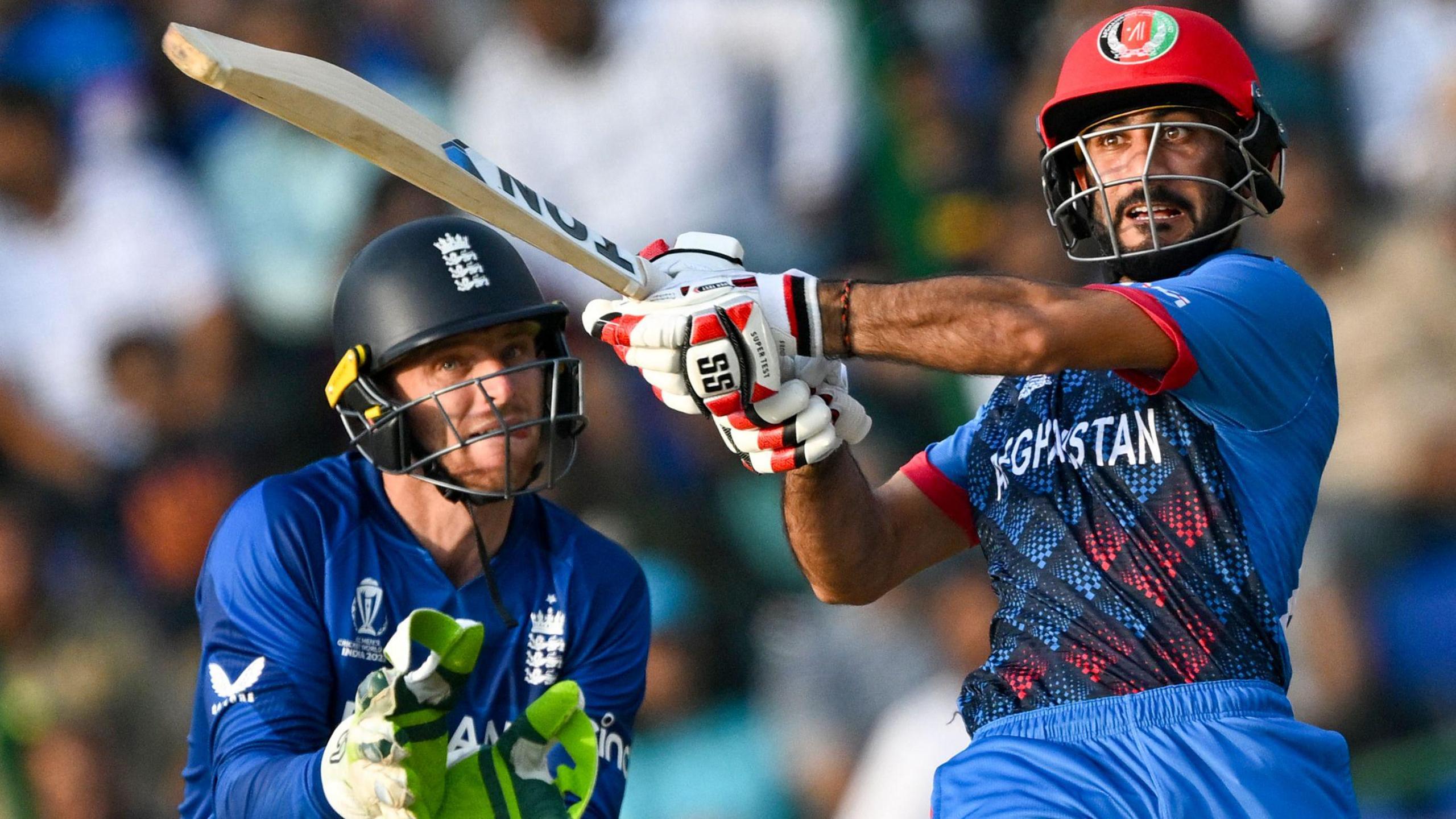In response to the England and Wales Cricket Board’s request to boycott the England men’s team’s Champions Trophy game from the following month, the country’s cricket board has called for a coordinated response.
On February 26 in Lahore, England will face Afghanistan, but UK politicians want the country to boycott the 50-over encounter and protest the Taliban regime’s assault on women’s rights.
England was urged to boycott the game in a letter to the ECB that was written by Labour MP Tonia Antoniazzi and signed by Reform UK leader Nigel Farage, Jeremy Corbyn, and Lord Kinnock, to “send a clear signal” that “such grotesque abuses will not be tolerated,” according to a letter written by Labour MP Tonia Antoniazzi.
Women’s participation in sport has effectively been outlawed since the Taliban’s return to power in 2021 and many of Afghanistan’s female players left the country for their own safety.
According to the International Cricket Council (ICC) rules, having women’s cricket teams and pathway structures is required to be eligible for full membership.
However, Afghanistan’s men’s team have been allowed to participate in ICC tournaments seemingly without any sanctions.
In response to the letter signed by a group of more than 160 politicians calling for a boycott, ECB CEO Richard Gould stated that the organization is “determined to find a solution” that “upholds the rights of women and girls in Afghanistan.”
The ECB will continue to actively support such measures, he said, “even though there hasn’t been a consensus within the ICC regarding further international action.”
“A coordinated, ICC-wide approach would be significantly more impactful than unilateral actions by individual members”.
Gould claimed that the ECB would continue to hold off on scheduling bilateral matches against Afghanistan and that it would not engage in a boycott.
He stated that the ECB would “explore all potential avenues for meaningful change” with the UK government, other international boards, and the ICC, but that there were “diverse perspectives” on the matter.
“We fully understand the concerns raised by those who think a boycott of men’s cricket might unintentionally support the Taliban’s efforts to enslave and isolate Afghan society,” Gould continued.
“It’s crucial to acknowledge the value of cricket as a source of optimism and hope for many Afghans, including those who have been forced out of the country.”
Nine years after the Taliban regime was overthrown by a US-led military coalition, the Afghanistan women’s team was established.
The Afghanistan Cricket Board (ACB) initially barred the women’s team from playing at several international tournaments, saying it received “Taliban threats”.
In 2020, the ACB awarded 25 female cricketers contracts. Less than a year later, the Taliban resurrected, putting an end to any progress in Afghanistan’s official women’s international.
More than 20 Afghan women’s cricketers are currently residing in Australia.
England and Afghanistan have only met once in the 2023 50-over World Cup, when they have both played in one-day internationals and T20 internationals. All three of these matches took place at ICC events.
Related topics
- England Men’s Cricket Team
- Afghanistan
- Cricket

Leave a Reply